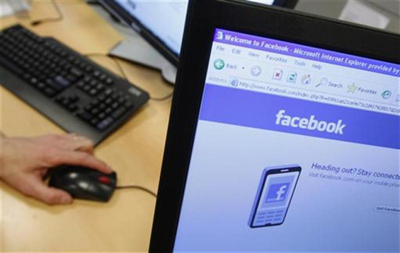
New Delhi, November 29: Amid the raging debate over freedom of expression in the social media and the recent arrests of young citizens who chose to speak their mind in cyberspace, officials are meeting in Delhi today to review controversial sections of the Information Technology Act.
The Cyber Regulation Advisory Committee will be in a huddle to consider if section 66A of the Act is too draconian in the age of social media.
Section 66A treats sending information through a computer or communication device as having committed an offence if the material is "grossly offensive, has menacing character, is sent to cause annoyance, insult and enmity or for criminal intimidation".
In today's meeting, officials are expected to debate what words used on social media platforms can be considered objectionable and whether complaints should be run past senior officers before the police register an FIR.
Experts feel section 66A is worded such that its interpretation borders on the vague, leaving the law open to misuse.
Examples of misuse abound. The most recent case is the arrest of two 21-year-old women in Palghar, Maharashtra, who wondered on Facebook if Mumbai should have indeed shut down for Shiv Sena founder Bal Thackeray's funeral.
The woman who put up the post, and her friend who merely 'liked' it on Facebook, were arrested. Sena activists vandalised a clinic run by the uncle of one of the girls.
A national outrage prompted an inquiry and forced the suspension of two police officers, Ravindra Sengaonkar and Shreekant Pingle, but the charges against the two women are still to be dropped.
In May this year, two Air India cabin crew members, Mayank Mohan Sharma and KVJ Rao, were arrested by the cyber crime cell of the Mumbai police for Facebook posts alleged to be offensive to politicians. Like the Palghar case, they too were charged under Section 66A of the Information Technology Act.








Comments
Add new comment